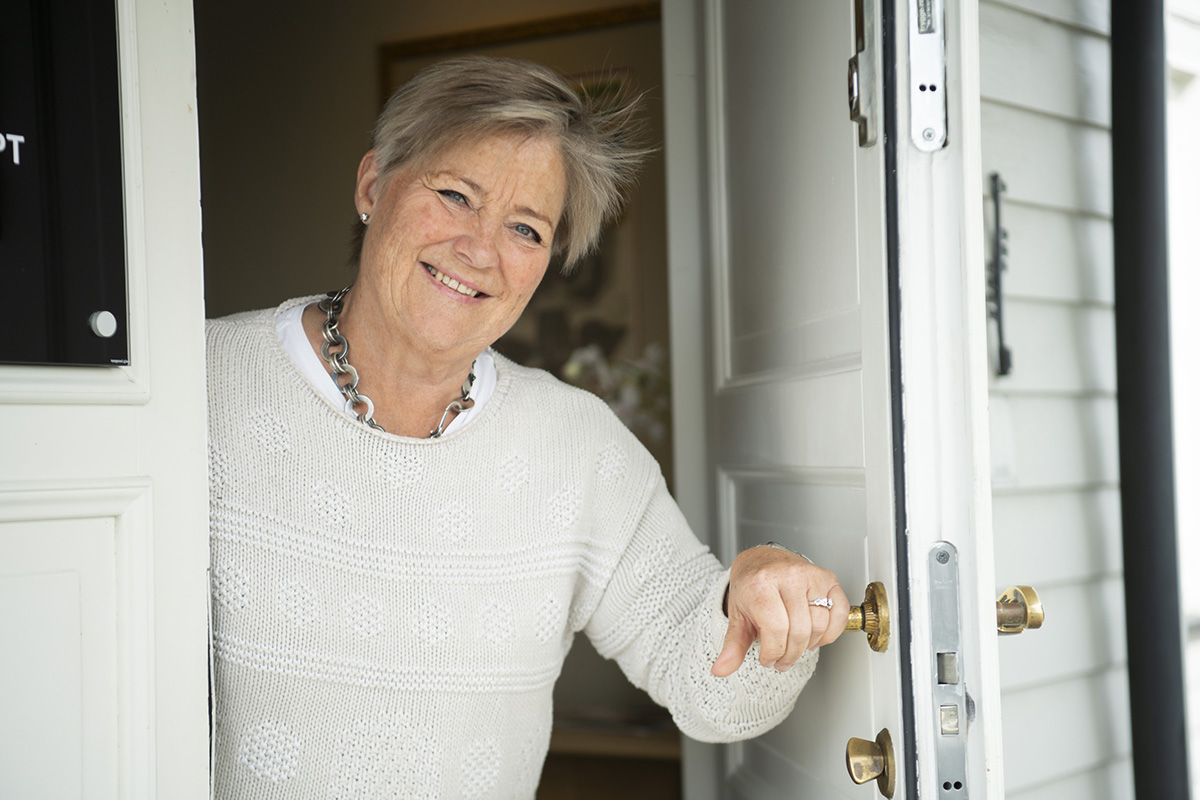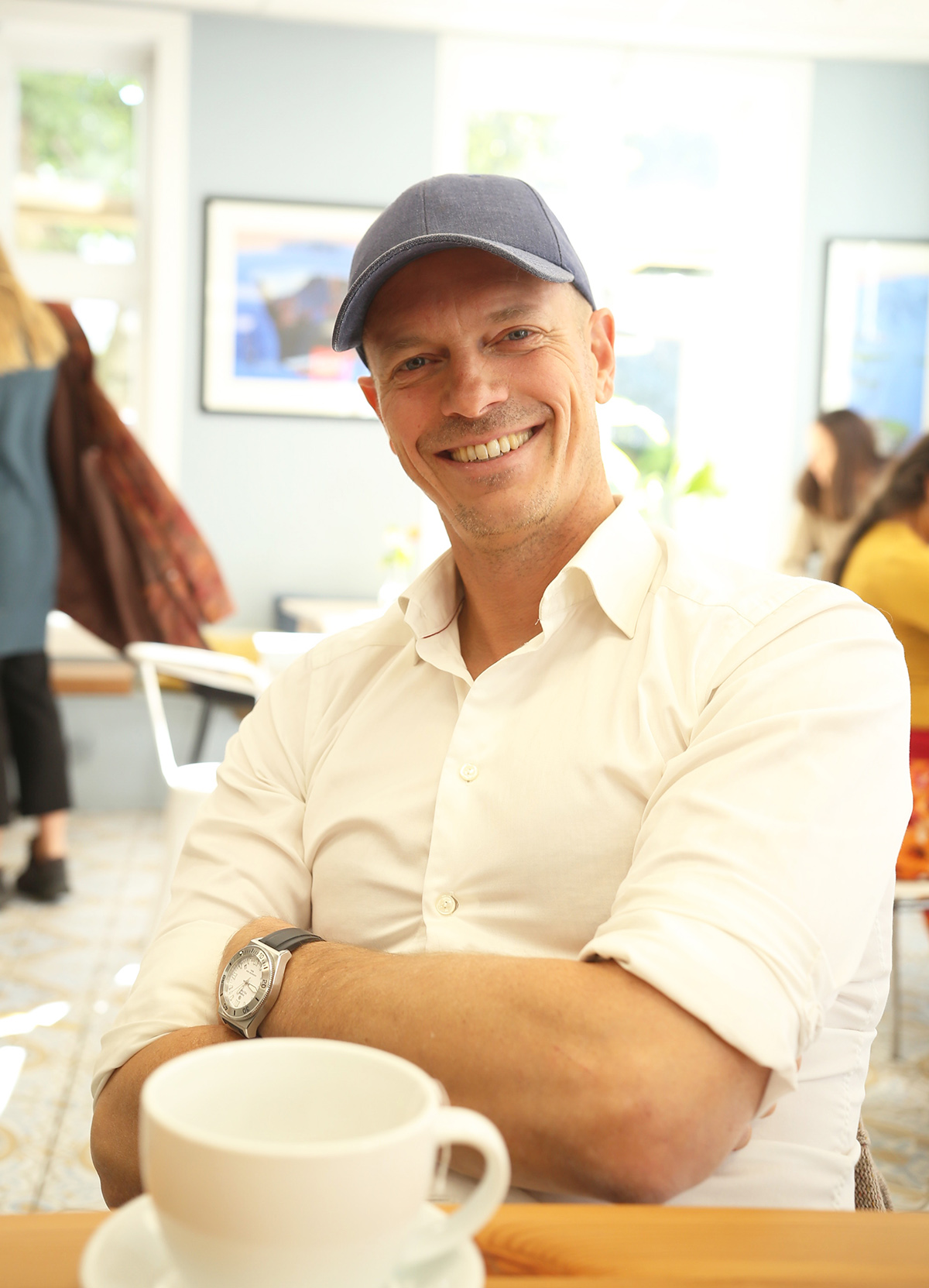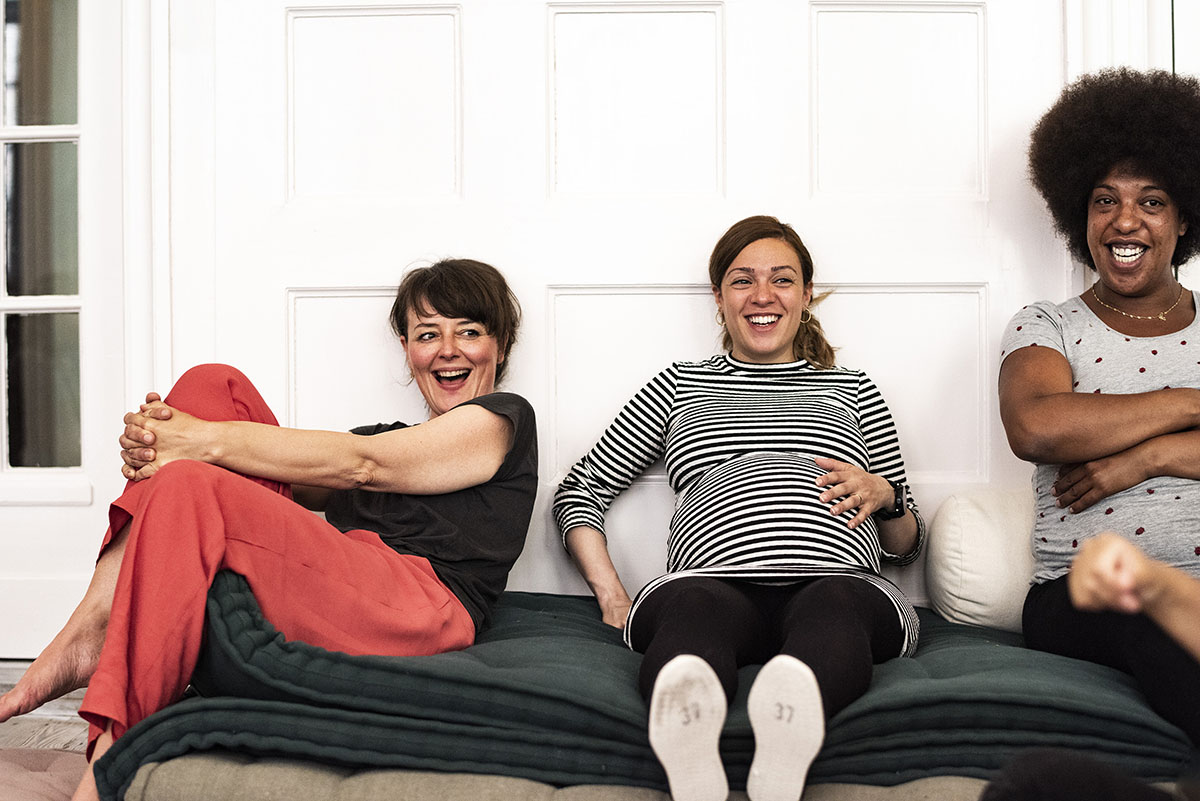The parents’ coach: Your guide to better family relationships
By Maria Sødal Vole | Photo: Foreldrecoachen

Anette Forsén Bache, professionally known as Foreldrecoachen (the parents’ coach), is dedicated to supporting parents and children of all ages fostering healthy communication and positive relationships.
While most family coaches focus on the relationship between parents and young children or teens, Forsén Bache places equal value on maintaining a supportive relationship with adult children. “I want to help parents support their children through every stage of life – from childhood to adulthood,” she says. “Children change and evolve so much as they get older, and as a parent, you must do the same.”
Trained in Neuro-Linguistic Programming and Meta-Coaching, Forsén Bache offers private coaching for families alongside delivering talks at schools and other venues. She holds regular in-person courses aimed at clearing the path for good communication, creating a safe arena where parents can receive guidance on improving their familial relationships. She’s currently developing online courses that will be available this spring.
Listening skills form the foundation of the courses, and small changes in communication could make all the difference. “A lot of people feel unheard by their parents,” Forsén Bache says. “Putting your own thoughts and feelings on hold and listening properly to what is being communicated to you opens many doors.”
As children get older, clarifying expectations is key for maintaining a good relationship. “Honest communication around what you’re expecting from the other person is very important,” she says. “There are no mind readers.”
Forsén Bache has helped families traverse a wide-ranging variety of issues. With plenty of experience working with parents who have decided to separate, she can help both parties prioritise their children’s needs, agree on parenting styles, and communicate well with one another.
In the case of blended families where parents may have different approaches to parenting, Forsén Bache is skilled at helping the family navigate the potential complications. With over 20 years of experience working with children and young people, she can help children articulate what they’re struggling with and clear blockages in communication.
Overall, Forsén Bache encourages compassionate curiosity. While parents may think they know best, approaching conversations with humility and interest in what their child thinks and feels will lead to better results. “Something magical happens when you ask people open questions with genuine, gentle curiosity,” she says. “Your child may open up about things that happened long ago that have impacted their relationship with you.”
Web: www.foreldrecoachen.no
Instagram: @foreldrecoachen
Three key factors that contribute to positive, healthy communication:
• Openness
• Vulnerability
• Compassionate curiosity
Tips for having a supportive and productive conversation about a difficult or personal topic:
1. Bring the topic up gently and agree on a suitable time to talk so everyone can be prepared for the conversation.
2. Find a relaxed setting for the talk. Sitting directly across from one other during a sensitive conversation may create unnecessary tension. Forsén Bache recommends going for a walk, taking a drive or finding a quiet spot outside surrounded by nature.
Subscribe to Our Newsletter
Receive our monthly newsletter by email





